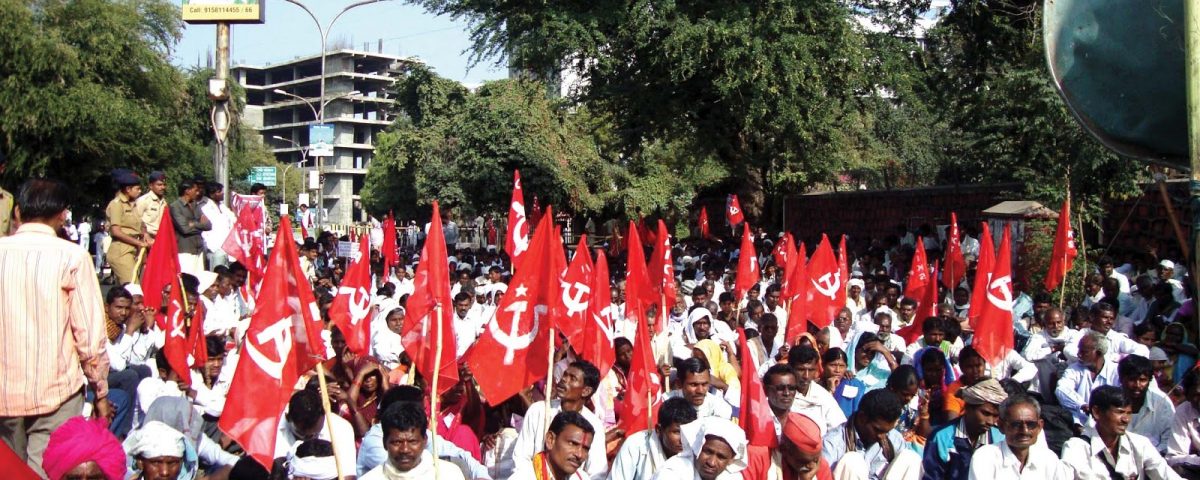AgriNation News Newtwork
Mumbai. 8 March 2018
Akhil Bharatiya Kisan Sabha (ABKS)’s move to organise a long march from Nashik to Mumbai on 13th March is an example of the booming farmers’ agitations across the country and the fact that mass mobilization of the farming community has become the talking point in national politics.
The bigwigs of the opposition parties are seemingly trying to tap into widespread rural distress. Almost 30,000 farmers are walking from Nasik to Mumbai for six days with various demands. Its organizer ABKS is connected with the Communist Party of India – Marxist (CPM). The agitation has gathered supports of all likeminded organizations of Maharashtra.
This is the third such protest, which Maharashtra is witnessing in the past one year. Recently, BJP leader Yashwant Sinha held a protest for the farmers’ issues in Akola, Vidarbha. He was even arrested by the local police during the agitation. Before him, Swaraj India’s Yogendra Yadav had organized a march and his organization has reached out to farmers in Vidarbha and Marath-wada regions particularly.
The mainstream political parties of the state have been raising the issue of community since the last two years. Congress and Nationalist Congress Party’s Sangharsha Yatra in March – April 2017 created pressure on the government. Both the parties are organizing rallies and programs independently in the rural area.
Political observers believe that the recent elections in the country have pushed the opposition parties to focus on the rural part.
“You see results of Gujarat or the by-elections of Madhya Pradesh, Rajasthan or Punjab. It clearly indicates that the agriculture distress is taking a political toll on the ruling party BJP. So, to mobilize the farmers against BJP governments, opposition parties being united is the best bet for them. This is happening now,” said Anant Dikshit, a senior journalist.
Maharashtra has 288 assembly seats. Though this state is one of the most highly urbanized states in the country, almost 175 constituencies are known as rural or semi-rural constituencies. In such a case, rural issues have decided the political narrative over the years. This makes political parties dwell on farming issues.
Another expert Atul Deulgaonkar believes that the issues of farmers will definitely alter the political course of India. “In 2004, rural India was under stress. So despite the advertisement’s blitzkrieg by the then government, people voted them out. That was the proof of how this community votes in the big elections. So, if something similar happens in 2019, I won’t be surprised,” he said.
—————————————————————————————————————————————–




